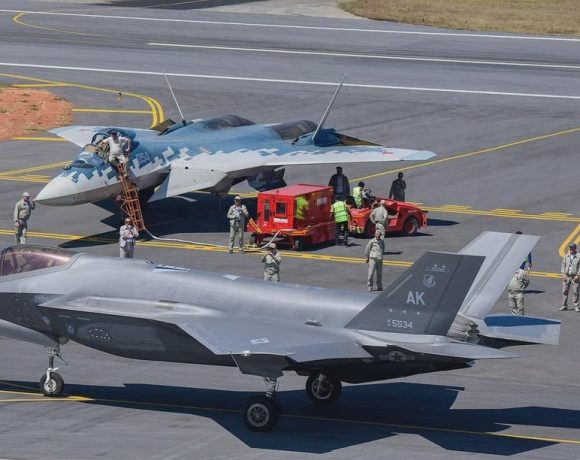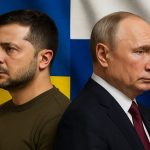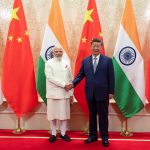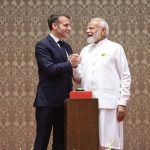
Peace Requires Diplomats, Not Dramatists: Why Zelensky Must Tone Down the Theatrics
Ukrainian President Volodymyr Zelenskyy’s recent warning to Russia — “end war or find bomb shelters” — sounded less like the words of a wartime statesman and more like a line lifted from a Hollywood script. It was a reminder that Zelenskyy, once an actor and comedian, still leans heavily on his background in performance to shape his political communication. In the early days of the war, such theatrics were effective. They captured headlines, won sympathy, and kept Ukraine firmly in the spotlight of Western media. But now, nearly three years into a grinding conflict, the world needs a Zelenskyy who speaks as a statesman, not a dramatist. Ukraine’s just cause deserves diplomacy, not theatrics, if peace is ever to be achieved.
There is no denying that Zelenskyy’s performance instincts once served him well. At a time when Ukraine was under existential threat, his dramatic appeals galvanized global opinion and secured military and financial support from the United States and Europe. His speeches, heavy with emotion and sharp soundbites, were designed to travel across news cycles and social media, ensuring Ukraine’s plight could not be ignored. For a while, it worked. But as the war drags on, the same theatrics that once inspired are beginning to look like a liability. Rhetorical warnings of deep strikes on Russia may excite headlines, but they don’t move Moscow closer to compromise.
The fundamental truth is that wars don’t end through soundbites. Diplomacy requires restraint, credibility, and an ability to signal willingness to negotiate. Dramatists seek applause; diplomats seek solutions. Russia cannot be theatrically shamed into peace. It can only be pressured through sanctions, isolation, and battlefield setbacks — all of which are levers already in play. When Zelenskyy issues sweeping threats about striking Russian power centers, it makes Moscow dig in further, not less. It also provides propaganda fodder for Vladimir Putin to portray Ukraine as reckless and untrustworthy.
There is also the international dimension. Ukraine depends on the West not just for weapons but for long-term survival. Western capitals, particularly Washington and Berlin, need Zelenskyy to sound like a measured leader who can chart a path to stability. Constantly theatrical statements create unease among allies. The truth is that “theatrics fatigue” sets in quickly. The more dramatic the appeals, the less impact they have over time, and the harder it becomes to rally public support abroad. Allies want to see Ukraine as a responsible partner, not a war-time performer.
Ukraine’s cause is strong enough without being wrapped in dramatic delivery. Zelenskyy should now focus on presenting serious proposals: frameworks for ceasefire, security guarantees for Ukraine, and credible plans for reconstruction. That evolution would mark his transition from actor to communicator and finally to statesman. Such a transition is not optional; it is essential. A statesman’s words can shape negotiations, while an actor’s lines only fill airtime.
Peace requires diplomats, not dramatists. Putin can be pressured through sanctions, Russia can be weakened by isolation, but Zelenskyy too must be counseled to temper his rhetoric. The war will not end in Hollywood-style threats; it will end in rational, quiet leadership that brings adversaries to the table. Ukraine’s greatest strength lies not in theatrics but in demonstrating that it can fight with dignity and negotiate with responsibility. That is the Zelenskyy the world needs now.


















